5 Barberry Replacements for Tart Flavor
Barberries are small, tart berries frequently used in Middle Eastern cooking to add a bright, sour note.
When barberries are hard to find, dried cranberries, currants, or sour cherries can provide similar tartness and texture.
Adjusting sweetness and acidity levels may be necessary to balance flavors in dishes like pilafs or salads.
These substitutes maintain the essential tangy brightness that barberries bring.
Exploring these alternatives helps preserve the authenticity of your recipes without the hassle of sourcing rare ingredients.
Understanding the flavor role of barberries allows you to select the perfect replacement.
Learn which berries work best as barberry substitutes for your next meal.
What Are Barberries?
Barberries are small, bright red berries that grow on a shrub called the barberry bush.
They have a tart, tangy taste and are often used in Middle Eastern and Persian cooking.
Barberries are usually dried before eating and add a pop of flavor and color to dishes like rice, salads, and stews.
Besides their bold taste, they are also known for being rich in vitamin C and antioxidants.
You can find barberries in specialty food stores or online, and they make recipes more lively with their sour kick.
Tart and Vibrant Barberry Replacements
Barberry replacements offer tart, vibrant flavor perfect for rice dishes and salads. Different berries or dried fruits add exciting notes. Explore the swaps ready to add zing.
Dried Cranberries
Cranberries serve as one of the best substitutes for barberries, with their small pink fruits growing naturally in marshlands across North America's temperate regions.
These tart berries can replace barberries in virtually any dish, whether you choose fresh or dried varieties, as both share an intense sourness that complements savory recipes perfectly.
Many cooks appreciate how cranberries work equally well in compotes, jams, and jellies while offering similar nutritional benefits, including vitamin C and B vitamins.
For the most authentic substitution, unsweetened cranberries are recommended since commercial dried versions typically contain added sugar that barberries don't have.
Dried Sour Cherries
Dried sour cherries make an excellent barberry substitute in recipes, offering a similar deep red color and high acidity that works perfectly in equal measurements.
These versatile berries shine in both sweet and savory dishes, whether incorporated into jams, compotes, or served alongside game and poultry dishes.
From over 300 varieties available, Montmorency cherries are the top choice for their consistent flavor profile and availability in most markets.
Beyond their culinary uses, sour cherries provide digestive benefits and other health advantages that make them worth keeping in your pantry.
Rose Hips
Cranberries serve as an excellent alternative to barberries due to their similar tartness and impressive nutritional value.
These small red fruits pack a powerful punch of vitamin C, making them a healthy choice for anyone looking to replace barberries in recipes.
Rose hips, which appear at the base of rose blossoms despite not being true berries, offer another tangy option rich in nutrients that works especially well in sweet dishes.
Many people enjoy using these substitutes in homemade jams, syrups, and desserts where their natural acidity can shine.
For savory dishes containing meat, cranberries might be the better choice since rose hips tend to complement sweeter applications more effectively.
Sumac
Sumac offers a surprising burst of tartness with noticeable citrus notes that many cooks find indispensable in Middle Eastern cuisine.
This versatile spice serves beautifully as a substitute for barberries in savory dishes where a souring agent is needed.
Chefs typically recommend using slightly more sumac than the recipe calls for barberries to achieve the perfect flavor balance.
The distinctive reddish-purple powder comes from ground sumac berries and adds both visual appeal and a tangy dimension to meats, salads, and rice dishes.
Home cooks particularly appreciate how sumac can instantly elevate ordinary meals with minimal effort while introducing authentic regional flavors.
Raisin Or Currant Soaked In Lemon Juice.
Cranberries serve as the best substitute for barberries because they perfectly match that zingy tartness while adding similar fruity notes to any dish.
Other excellent replacements include dried cherries, currants, and gojiberries, which all provide comparable tanginess though with slightly different flavor profiles.
Many cooks find these alternatives readily available in most grocery stores, making them practical choices when barberries are nowhere to be found.
Recipes typically need no adjustment when making these swaps since the substitution ratio is usually 1:1.
How to Adjust Sweetness or Acidity With Barberry Swaps
Best Barberry Substitutes for Pilaf, Salads, and Baking
If you can’t find barberries, you can still get a similar tart kick and color in your recipes by using easy-to-find swaps:
For Pilaf
Use dried cranberries or currants for a similar tangy taste and chewy texture.
Add a little lemon juice if you want extra tartness.
For Salads
Try chopped dried cherries or unsweetened dried blueberries for bright color and a gentle tart bite.
For Baking
Golden raisins or goji berries work well, but since they’re sweeter, mix in a splash of lemon or vinegar to balance the flavor.

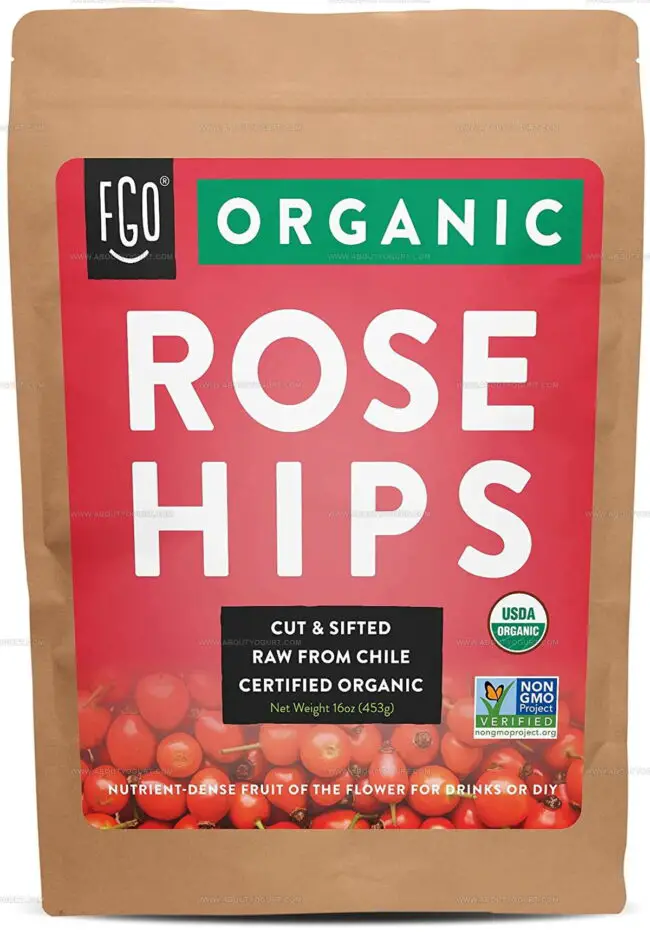
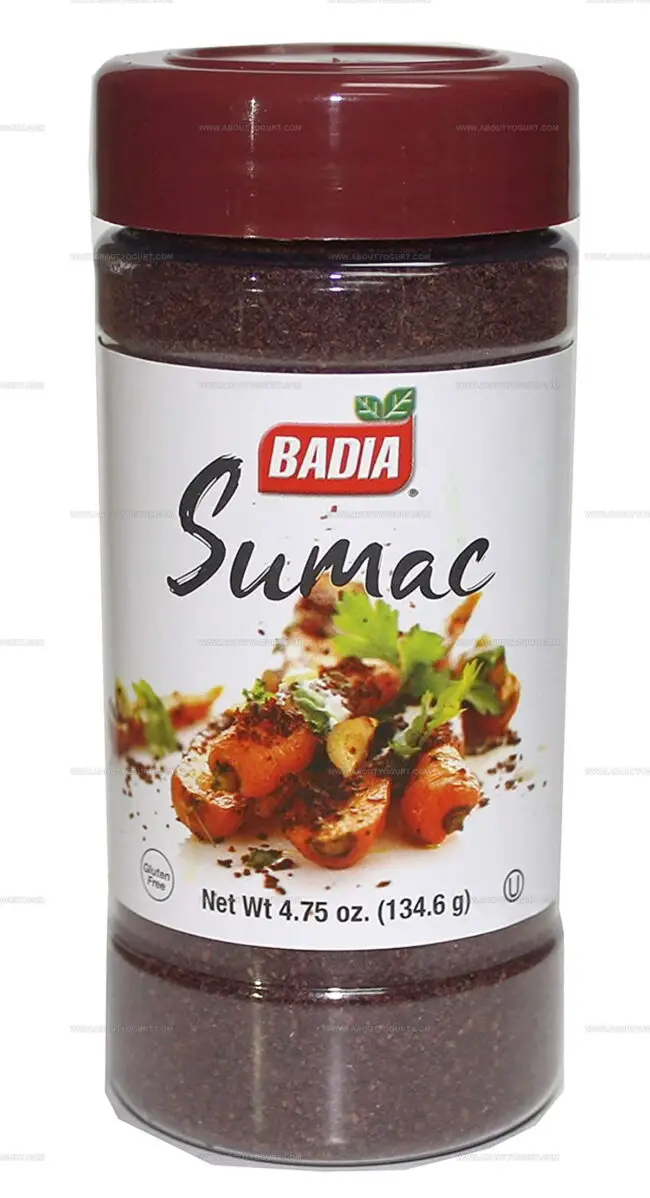

Michael Thompson
Founder & Recipe Developer
Expertise
Education
Cascade Culinary Institute – Bend, OR
ServSafe Food Handler Certification – Portland, OR
Focus: Certified in core food safety and hygiene principles for both home and professional kitchens, with emphasis on ingredient handling, kitchen cleanliness, and safe preparation methods.
Mike’s kitchen journey began with a single goal: to make everyday meals feel like something worth celebrating.
After earning his Certificate in Culinary Arts from Cascade Culinary Institute, he spent years working with local farmers and small kitchens across Oregon, learning the beauty of seasonal, small-batch cooking.
Mike’s approach is simple, cook with what’s fresh, keep it approachable, and always leave room for a little creativity. When he’s not testing yogurt marinades or designing single-serving meals, you’ll find him hiking trails or hunting down the best berries at local markets.